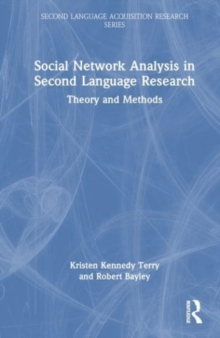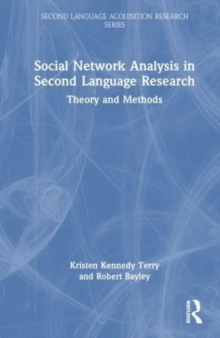
Second Language Acquisition and the Critical Period Hypothesis Paperback / softback
Edited by David Birdsong
Part of the Second Language Acquisition Research Series series
Paperback / softback
Description
Second Language Acquisition and the Critical Period Hypothesis is the only book on the market to provide a diverse collection of perspectives, from experienced researchers, on the role of the Critical Period Hypothesis in second language acquisition.
It is widely believed that age effects in both first and second language acquisition are developmental in nature, with native levels of attainment in both to be though possible only if learning began before the closure of a "window of opportunity" – a critical or sensitive period.
These seven chapters explore this idea at length, with each contribution acting as an authoritative look at various domains of inquiry in second language acquisition, including syntax, morphology, phonetics/phonology, Universal Grammar, and neurofunctional factors.
By presenting readers with an evenly-balanced take on the topic with viewpoints both for and against the Critical Period Hypothesis, this book is the ideal guide to understanding this critical body of research in SLA, for students and researchers in Applied Linguistics and Second Language Acquisition.
Information
-
Out of stock
- Format:Paperback / softback
- Pages:208 pages
- Publisher:Taylor & Francis Ltd
- Publication Date:16/12/2013
- Category:
- ISBN:9780415745086
Information
-
Out of stock
- Format:Paperback / softback
- Pages:208 pages
- Publisher:Taylor & Francis Ltd
- Publication Date:16/12/2013
- Category:
- ISBN:9780415745086










